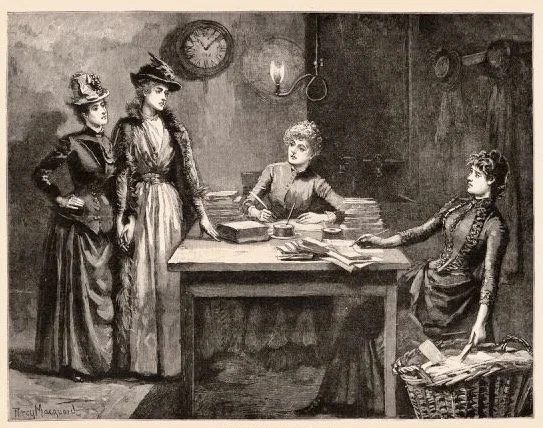British women played a significant role in scientific networks during the nineteenth century, particularly through their correspondence with male scientists in Britain and abroad. These networks allowed women to benefit from the advice and guidance of male scientists at a time when formal scientific education and access to universities and scientific societies were often closed to them. Many women also shared their discoveries, practices, and observations through private letters, which sometimes serve as the only record of their scientific contributions. This symposium aims to explore the role of women’s correspondence networks in the production of scientific knowledge during the nineteenth century. It will emphasise the importance of these often-overlooked archives in reconstructing women’s scientific labour, while also examining the discursive strategies women employed, such as the cultivation of values like moderation, modesty, and humility—qualities that became increasingly associated with women throughout the century.
WOMNH-19 (2024–2025) is a two-year CNRS International Emerging Actions (IEA) research project conjointly led by Prof. Laurence Talairach (Alexandre-Koyré Centre/University Toulouse Jean Jaurès) and Associate Prof. Linda Andersson Burnett (Uppsala University, Sweden). It aims to re-evaluate nineteenth-century British women’s contributions to natural history. By shedding more light on the place of women in some scientific fields, redefining lay and professional practices and foregrounding women’s contribution to the construction of scientific knowledge, WOMNH-19 seeks to understand better the construction of a scientific ‘culture’ and define its scholarly legitimacy.
For more information, please see: https://womnh.hypotheses.org/events

